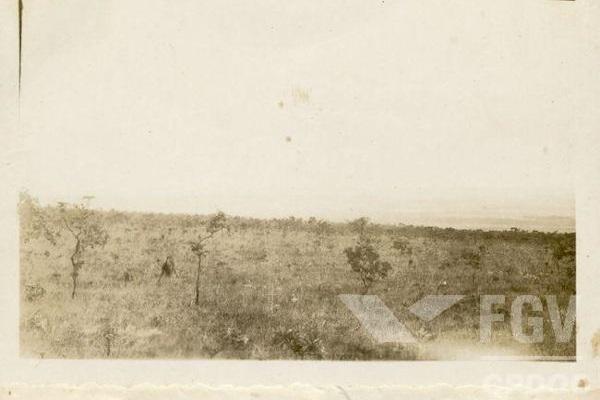Born on January 25, 1917 in the city of Campo Grande, Mato Grosso do Sul, Jânio da Silva Quadros was one of the most interesting career politicians to appear in our history. After spending part of his youth in the city of Curitiba, he moved to São Paulo, where he earned a bachelor's degree in Law and took his first steps in politics.
Acting as a student at Colégio Dante Alighieri, he was encouraged by the support of students and parents to apply for a place as councilor. In 1947, he secured a seat in the city's legislature, then soon won the post of state deputy in the early 1950s. His energetic and charismatic speech won over a wave of voters who believed that the broom, symbol of his campaigns, would sweep away corruption in the country.
Taking another meteoric step, he was elected mayor of the city of São Paulo in 1953 and governor of the state the following year. Due to the triumph noted in the good votes and the demonstrations of popular support, Jânio Quadros did not hesitate to take advantage of the good moment to launch himself as president. Affiliated then to the National Democratic Union, a party with a strongly conservative tendency, the candidate held rallies where he ate bread with mortadella and pretended to faint. These were the times of populism!
Winning the election with a historic voting record, Jânio Quadros seemed to have everything he needed to create his name as a politician of great brand and projection. However, in the middle of the Cold War, he decided to take actions of an autonomist nature that displeased conservatives and attracted the attention of the capitalist bloc. Internally, he took economic measures of little impact and was concerned with enacting laws that promoted his image more than met the great demands of the time.
In a short period of government, he ended up calling attention to such questionable actions. The height of his controversial manner came when the president called on Cuban revolutionary leader Ernesto Che Guevara to receive an official tribute from the Brazilian government. At the same time, he sent Vice President João Goulart to Communist China to strengthen ties of political and economic cooperation. Such actions ended up causing great controversy, considering that Jânio Quadros declared himself anti-communist.
Do not stop now... There's more after the advertising ;)
In the meantime that the controversy was developing, on August 25, 1961, Jânio Quadros resolved resign as president of the republic saying that terrible forces impelled him to take this attitude. For some scholars, this action would be a way of calling public opinion for the return of the president with greater powers of command. However, the resignation was assumed passively. Finally, his deputy, João Goulart, feared by many conservatives, was responsible for assuming the presidential post.
In 1962, he tried to return to political life as a candidate for the government of the State of São Paulo. He ended up being defeated and, in 1964, he lost his political rights with the imposition of the military dictatorship in Brazil. His return to public life took place in the late 1970s, when the military government began to show its first signs of distension. In 1982, he lost another dispute to the government of São Paulo. However, three years later, he won the election for mayor of the city of São Paulo by defeating future president Fernando Henrique Cardoso.
After fulfilling this mandate, Jânio announced his retirement. He was even considered as a candidate for president of the Republic in the 1989 elections, but his poor health prevented him from carrying out such a feat. On February 16, 1992, Jânio Quadros died after being stricken by three strokes that compromised his physical condition.
By Rainer Sousa
Master in History
Would you like to reference this text in a school or academic work? Look:
SOUSA, Rainer Gonçalves. "Jânio Quadros"; Brazil School. Available in: https://brasilescola.uol.com.br/historiab/janio-quadros.htm. Accessed on June 27, 2021.

